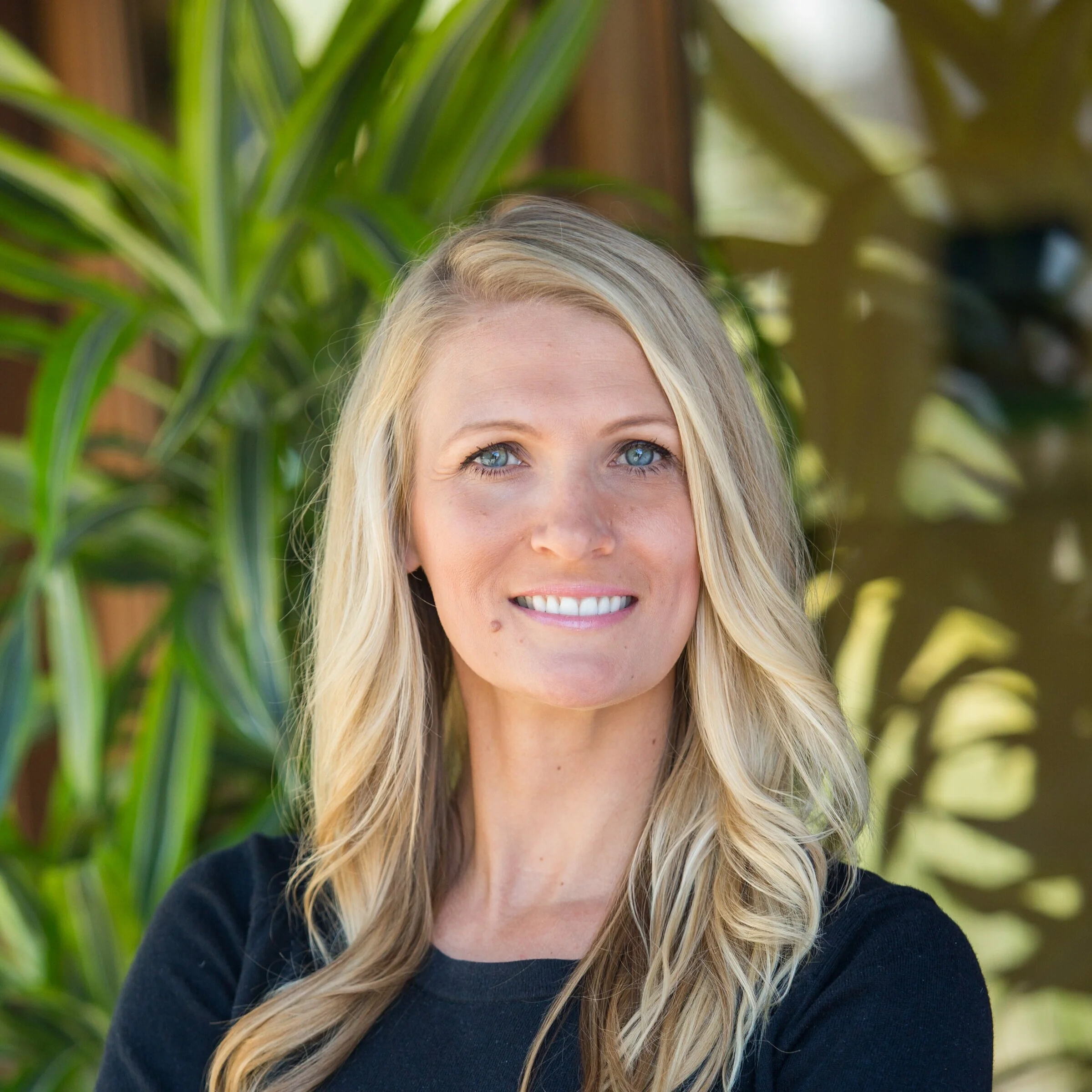The New Dirty Word: Plastic!
Yes, we are going to talk about the scary, dirty word: plastic. By now, we have all seen the video of the turtle with a straw stuck in it or gone to a restaurant and used a paper straw (that, to be fair, barely lasts the full drink.) But what does that mean for us as individuals on a day-to-day basis? Well, for me, it’s more about bringing awareness, knowing the facts, and finding ways that I can decrease my overall impact.
Lindsay Helmick
CFO, Allen Construction
Every person reading this has used a plastic bottle, many of whom likely used one in the past day or week. Plastic, in the recent decades, has become a staple of convenience and a modern lifestyle. What we all don’t realize is that plastic takes approximately 400 years to decompose. However, some of it is recyclable, if done right. I recently learned some interesting statistics. First, that globally, humans buy a million plastic bottles per minute. Second, that 91% of all plastic is not recycled! On top of that, it is estimated that over half a trillion plastic bottles will be sold in 2020. That means 250,000,000,000 bottles will not be recycled. That is a lot of zeros, and a lot of bottles, that will be sent to our landfills or oceans for another 400 years. I, for one, do not like looking at bouquets of plastic bottles. They don’t have the same appeal as roses.
When I heard those statistics, I immediately thought that they can’t be right, that clearly there is a mistake in the math (typical accountant). I learned that there is a lot more to recycling plastic than simply throwing the plastic in the blue bins. In Santa Barbara, the plastic bubble wrap that comes in your Amazon package is not recyclable. This is called film plastic and needs to be recycled in a different collection system, not in our beloved blue bins. There are many places here in town that will take these off your hands and recycle them properly, however, you have to drop them off. (There is a link below with a list of locations in Santa Barbara.) Plastic bags and film plastics are not acceptable to recycle in the blue bins. These are items like saran wrap, pallet wrap, produce bags, food bags and wrappers, or any other type of flexible plastic wrapping.
Plastic food containers also cannot be recycled. Ever heard of "wishcycling"? It's when you throw plastic in the beloved blue bin that, unfortunately, can't be recycled, even though you really want it to be (looking at your Ziploc bags and salsa cups). When you do that, you're actually contaminating the recycling and making it more difficult to recycle the rest. I'm totally a wishcycler - I didn't know you couldn't recycle milk cartons or plastic forks! Check out this list to see if you're wishcycling in SB!
All items in the blue bin should be empty, clean, dry, and loose (not bagged).
Metals ✅
Clean and dry Paper and Cardboard ✅
Glass ✅
Hard Plastic Bottles ✅ (a plastic bottle that once contained a liquid is good: shampoo, soda, water, soap, etc.)
Flimsy Film Plastic ❌ (plastic bags, wrappers, packaging wrap, saran wrap, etc.) See link for local drop-offs for clean film plastics.
Styrofoam ❌
Cartons ❌ (milk carton, soup carton, juice box, etc.)
Plastic Containers that once contained food ❌ (yogurt cup, salsa container, peanut butter jar, egg container, etc.)
Food contaminated materials ❌
Pizza boxes ❌
Electronics ❌
Hazardous chemicals ❌
Household batteries ❌ (these can be recycled if they are sealed in a clear plastic bag and placed on top, not inside, your blue bin on collection day.)
As consumers, we have so much power to change the world by just being careful about what we buy and use. Plastic is in everything and we don’t even realize how often we come into contact with it or how little of it actually gets repurposed. I recently finished my first “plastic-free” month. I put that in quotations because I definitely was NOT 100% plastic-free. It is a lot harder than it sounds. But that's WHY I did it. To open my eyes to how I can reduce my plastic consumption long-term. It's not easy, because our culture isn't built for it, but my intent was not to be perfect with the challenge, but to be more aware and conscientious of what my personal contribution is to the growing problem of plastic taking over our planet. At the end of the day, I was able to fit plastic I had used into one small…you guessed it, plastic bag.
For me, the journey to a plastic-free lifestyle isn’t about being 100% plastic-free, it’s really about awareness and shedding light on the issue as a whole.
Click Here for Film Plastics Drop-Off Information


